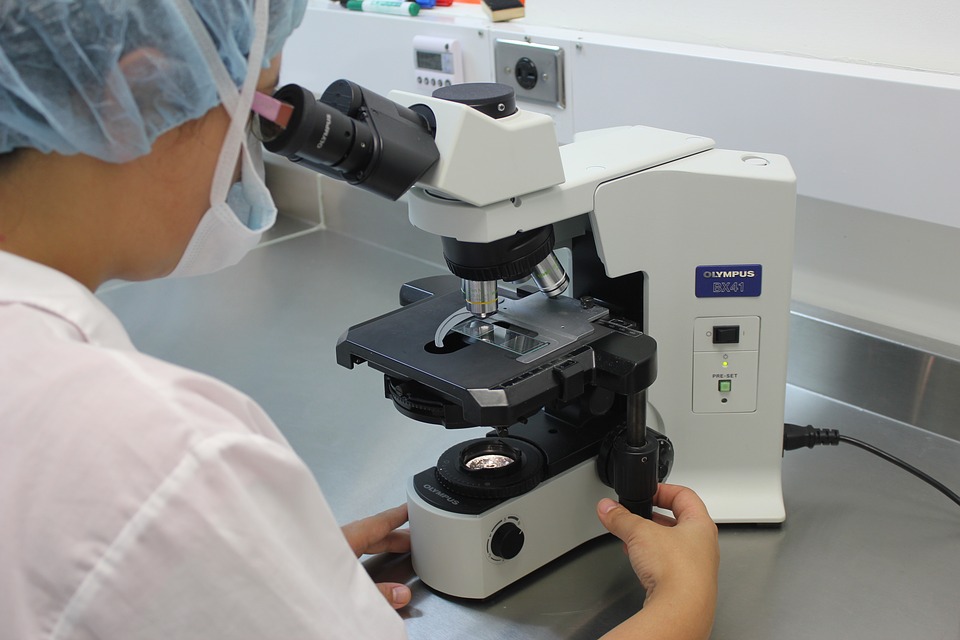Lab-grown meat can result in more warming
A study has been conducted to discover the impact lab-grown and farmed beef has on the environment, as well as how much lab-grown meat accounts for different greenhouse gases.

The study suggests that over the longer term, cultured meat production methods could increase global warming more than some types of cattle farming.
In a study from the LEAP (Livestock, Environment and People) programme at the Oxford Martin School, the climate-change impact of several production methods for lab-grown and farmed beef was assessed accounting for the differing greenhouse gases produced.
The study looked at how much the gases impact temperature rises and how long they persist in the atmosphere, to understand the warming impact of lab-grown and farmed beef.
The projections reveal that replacing cattle with cultured meat may not be a simple replacement of high-impact with low-impact.
The study suggests that over the longer term, cultured meat production methods requiring large energy inputs could increase global warming more than some types of cattle farming, if energy systems remain dependent on fossil fuels.
The results from the LEAP programme found that some projections for the uptake of particular forms of cultured meat could be better for the climate, but that others could actually lead to higher global temperatures in the long run.
“There has been a great deal of public interest in cultured meat recently, and many articles highlight the potential for substituting cattle beef with cultured meat to provide an important climate benefit,” explains lead author Dr John Lynch.
“We show that it is not yet clear whether this is the case, partly because of uncertainties about how cultured meat would be produced at scale.
“An important issue in comparing farmed and cultured beef is that the different warming impacts of greenhouse gases are also not well accounted for in the standard measure used in carbon footprints.” he explains.
To provide a rigorous comparison of the potential climate impacts of lab-grown meat and beef cattle, the researchers examined available data on the emissions associated with three current cattle farming methods and four possible meat culture methods.
This was assuming current energy systems remained unchanged.
Using this data, they modelled the potential temperature impact of each production method over the next 1000 years.
The model showed that while cattle initially has a greater warming effect through the release of methane, in some cases, the manufacture of lab-grown meat can ultimately result in more warming.
This is due to the fact that even if consumption of meat were entirely phased out, the warming from carbon dioxide would persist, whereas warming caused by methane ceases after only a few decades.
The study also highlights that both cultured meat and cattle farming have complex inputs and impacts that need to be considered in fully appreciating their effect on the environment.
For example, creating more grazing land for cattle can result in deforestation that could increase the CO2 footprint of cattle systems (but can prove difficult to standardise in emissions footprints), while producing food in urban laboratories could free up land for storing CO2 (known as carbon sequestration) or other purposes.
Lynch concludes: “The climate impacts of cultured meat production will depend on what level of sustainable energy generation can be achieved, as well as the efficiency of future culture processes.”
To read the full report, click here.

 ‘Veganuary’ makes minimal impact on meat industry
‘Veganuary’ makes minimal impact on meat industry Packaging tax outlined by chancellor with new focus on plastic
Packaging tax outlined by chancellor with new focus on plastic
